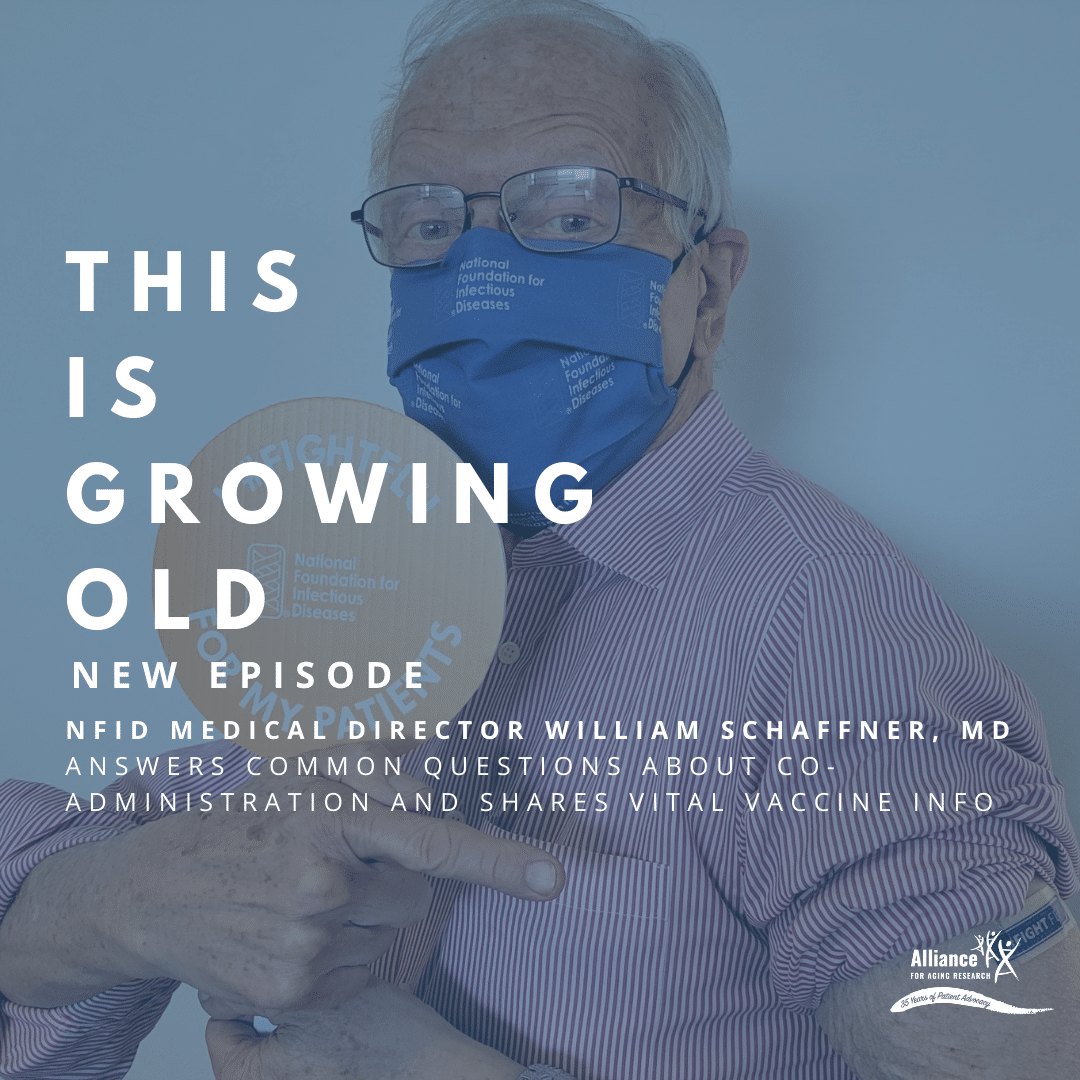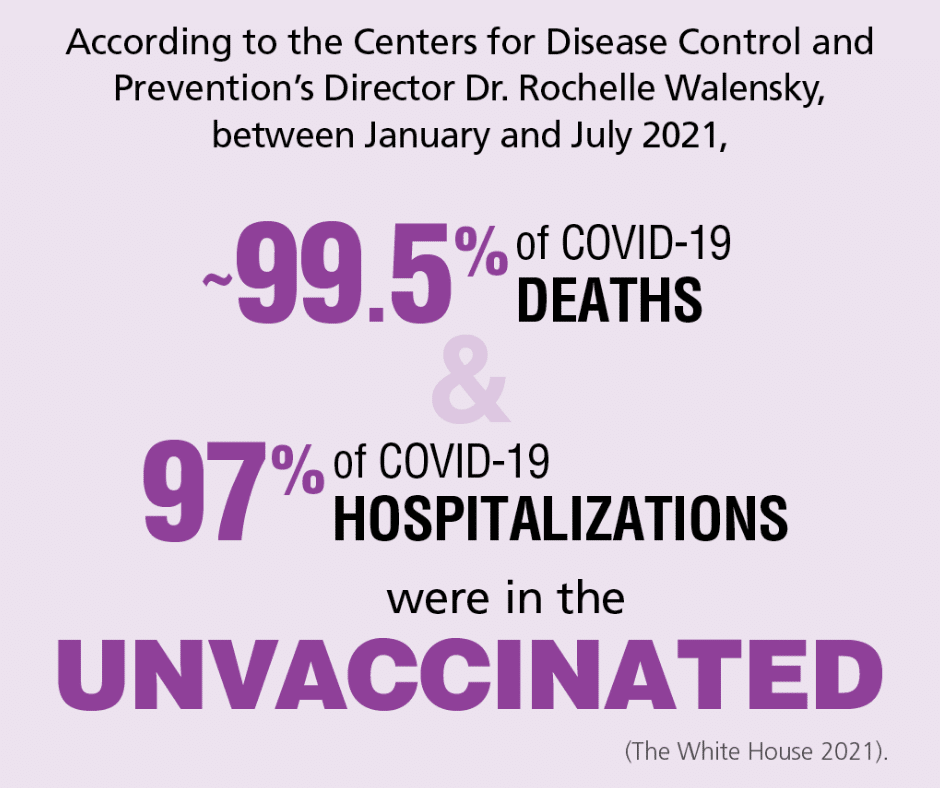
As I write this blog – focused on the importance of getting a flu shot this year, I have two specific groups of people in mind: those who have already gotten a flu shot and those who have not.
Yes, I’m aware that is everyone.
If you haven’t gotten a flu shot yet, I understand. After we have waited in line or made an appointment for as many as four COVID-19 shots this year and last, vaccine fatigue has set in for many Americans. In fact, the New York Times reports that only 15 million doses of the most recent bivalent COVID booster have been administered nationally. That’s about 1 for every 10 of us who are eligible.
The threat posed by seasonal flu may also not be top-of-mind. Last year, since most of us were wearing masks and avoiding frequent contact with others, especially in large groups, the incidence of seasonal flu diminished significantly. But mandates and habits have changed: the CDC now warns us that conditions are ripe “to have a potentially severe flu season.”
Older adults and people with certain chronic diseases are at the highest risk for severe complications from the flu and make up around 85% of seasonal flu-related deaths. Our immune systems decline as we age, making older adults uniquely vulnerable to the flu. Influenza can be life-threatening for individuals with chronic conditions such as heart disease, diabetes, asthma, and kidney disease. The risk of heart attack is particularly alarming—with risk increasing six times within a week of a confirmed flu infection—even in people WITHOUT a confirmed heart disease diagnosis. Clearly, the flu is not something to take lightly.
It’s important for older adults to note that the Centers for Disease Control and Prevention recommends getting an enhanced flu vaccine. These include the high-dose and adjuvanted flu vaccine—both of which are designed to boost the immune response in declining immune systems. This new recommendation from CDC is very good news, but only if we step forward to receive this vaccine.
So, if you are reading this and are committed to getting (or have gotten) a flu shot for yourself, good work; if you are faced with convincing a loved one, a neighbor, or anyone else you care about to get a flu shot, the Alliance, with its usual diligence, is offering a path forward, not only for the flu shot but also for other vaccines that you may have missed during the pandemic.
Lindsay Clarke, Senior Vice President of Health Education and Advocacy at the Alliance, said it best in a recent press release: “Getting back on track with our vaccinations may mean getting routine boosters, updates to vaccines we got when we were younger, or vaccines that are recommended with age as our immune systems decline.” They all play an important role in protecting ourselves and our loved ones from potentially serious diseases.
If you are looking for help, check out “Our Best Shot” resources on the Alliance’s website. There, you’ll find “A Quick Guide to Vaccination for Adults Ages 65,” which outlines the symptoms and potential complications of some of the most common infectious diseases. It also details the recommended vaccines for adults and offers a tear-off vaccine tracker to organize vaccination history. To download it, visit us here.
Additionally, the Our Best Shot campaign offers a workshop kit that consolidates many of the campaign resources for community leaders who are willing to host educational workshops for older adults and their caregivers on the basics of vaccination. The “soup-to-nuts” kit covers how vaccines work, common vaccine-preventable diseases, vaccine safety and efficacy, and the vaccine schedule for adults ages 60 to 64 and 65 and older, and where and how to know which vaccines you need.
You may remember that at the beginning of this post, I said it’s for everyone. If you have already gotten a flu shot, you are most likely in a great position to convince others of its importance. Talk to your friends and family about why it’s important to you and why you want your loved ones protected. We all need to give it “Our Best Shot.”






